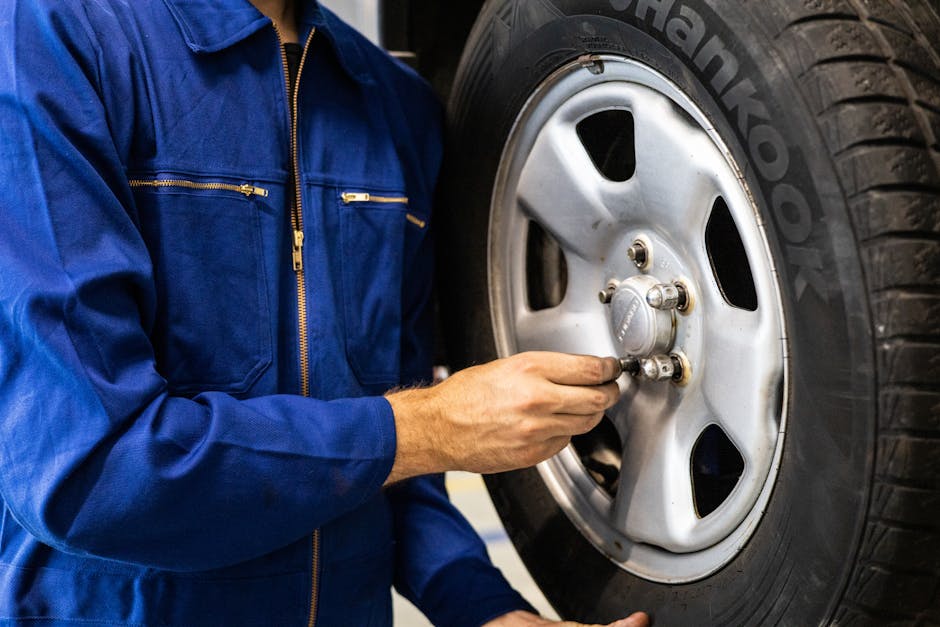Importance of buying a used auto for longevity
When you buy a used auto, you are making an investment in longevity. Used cars can be more cost-effective and still provide reliable transportation for years to come. Here are important factors to consider when aiming for a long-lasting used auto:
- Vehicle History: Look for a used auto with a clean history, free of major accidents or extensive repairs.
- Maintenance Records: Regular maintenance is crucial for longevity. Ensure the used auto you’re interested in has been well-maintained.
- Mechanical Inspection: Have a trusted mechanic inspect the used auto to identify any potential issues or future maintenance needs.
- Reliability Ratings: Research the make and model of the used auto to gauge its overall reliability and performance.
- Resale Value: Consider the resale value of the used auto, as this can indicate its long-term durability and desirability.

Researching the vehicle’s history and maintenance records
When buying a used car, it’s important to research the vehicle’s history and maintenance records. This can give you insight into how well the car has been taken care of and any potential issues that may arise in the future. Look for records of regular maintenance, such as oil changes, tire rotations, and brake inspections. Additionally, check for any previous accidents or major repairs that could impact the longevity of the vehicle. Researching the vehicle’s history and maintenance records can help you make an informed decision and avoid unexpected problems down the road.
Physical inspection and test drive
Make sure to thoroughly inspect the exterior and interior of the car for any signs of damage or wear. Pay attention to the paint, body panels, and tires for any dents, scratches, or uneven wear. Look for any signs of rust under the car or on the body panels. Check for any unusual odors in the interior, and make sure all the features and functions, such as the air conditioning, radio, and lights, work properly. During the test drive, pay attention to how the car handles, accelerates, and brakes. Listen for any strange noises coming from the engine, transmission, or suspension. Additionally, test the brakes in different scenarios to ensure they are functioning properly. Keep these factors in mind during the inspection and test drive to make a well-informed decision when buying a used car for longevity.
Evaluating the vehicle’s mileage and age
When buying a used car, it’s important to carefully consider the vehicle’s mileage and age. Both factors can impact the longevity and performance of the car. Here are a few things to keep in mind:
- Mileage: The number of miles a car has been driven can give you an idea of how much wear and tear it has experienced. Generally, lower mileage is preferred as it indicates less use and potential for fewer mechanical issues.
- Age: The age of the vehicle can also affect its overall condition. As cars age, they may require more maintenance and repairs, so it’s essential to consider how the age of the car may impact its reliability and longevity.
By carefully evaluating both mileage and age, you can make a more informed decision when buying a used car for long-term use.
Considering the reputation of the seller and potential warranties
When buying a used car, it’s important to consider the reputation of the seller and any potential warranties. Some sellers may have a history of providing reliable vehicles and excellent customer service, while others may not be as trustworthy. Additionally, certain warranties can offer added protection and peace of mind, ensuring that you won’t be left with unexpected repair costs. Be sure to thoroughly research the seller and inquire about any available warranties before making your purchase.
